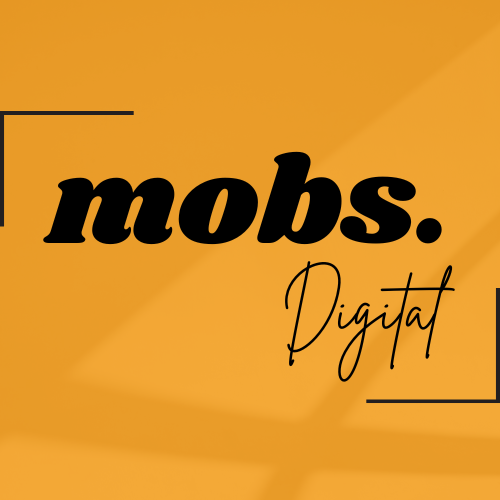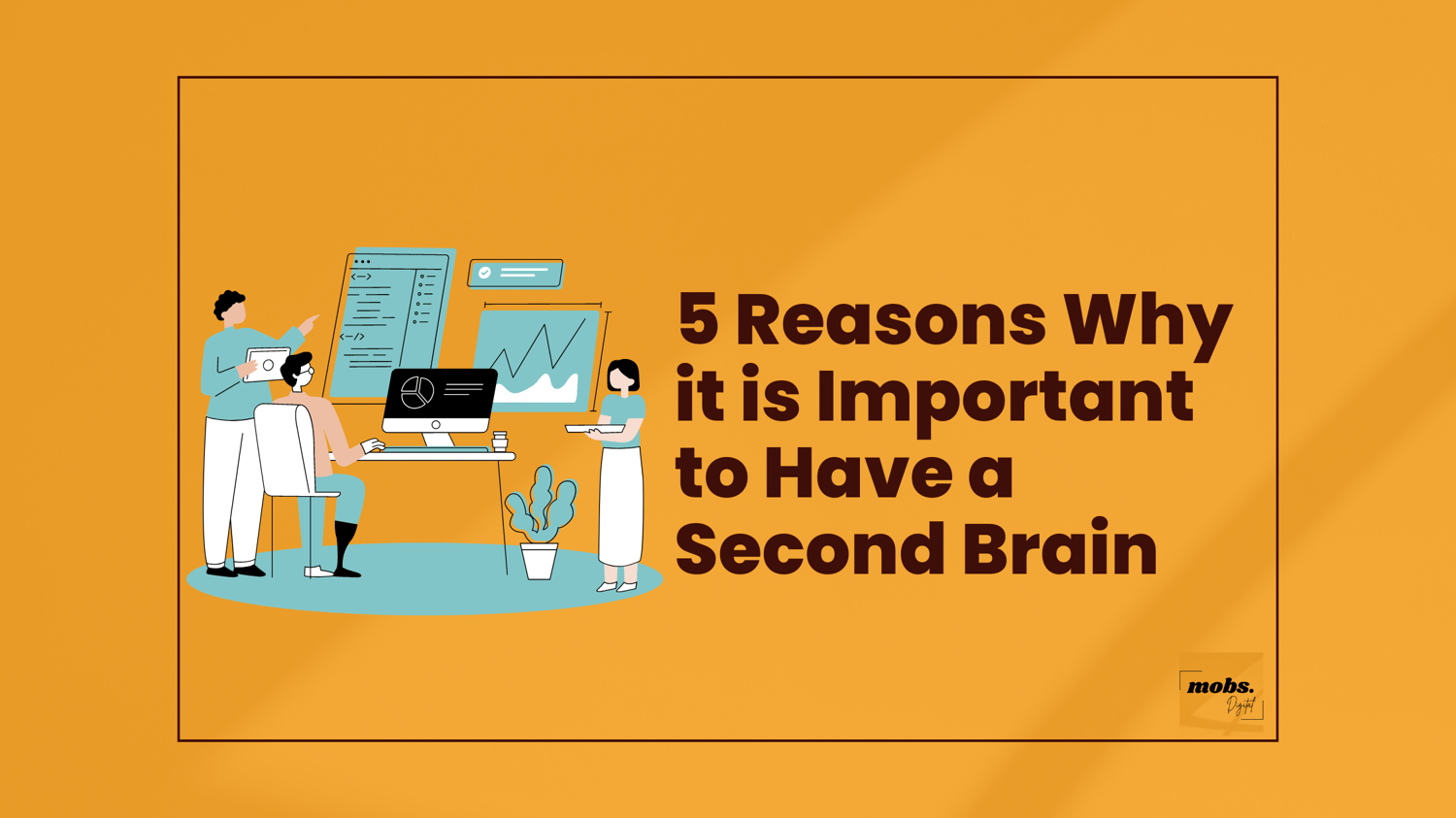In an age inundated with information, the notion of a "second brain" has gained traction as a means of managing and synthesizing vast amounts of data. Coined by Tiago Forte, this concept refers to the use of digital tools and systems to augment our cognitive capabilities beyond what our biological brains can handle alone.
This notion has profound implications for personal productivity, creativity, and knowledge management. Here are five detailed reasons why having a second brain is important, supported by evidence.
1. Cognitive Offloading
The human brain has limited capacity for processing and storing information. By offloading certain tasks and information to a second brain, individuals can alleviate cognitive load, freeing up mental resources for higher-order thinking and creativity.
Research by Betsy Sparrow and colleagues at Columbia University suggests that people are increasingly relying on external sources, such as the internet, to store and retrieve information, a phenomenon known as "transactive memory." A second brain serves as an extension of this transactive memory system, allowing individuals to offload information efficiently.
2. Enhanced Organization and Retrieval
Traditional note-taking methods often result in fragmented and disorganized information, making it challenging to retrieve relevant details when needed. A second brain, typically in the form of digital note-taking apps like Evernote or Notion, offers powerful organizational features such as tags, links, and search functionality.
Research published in the journal *Science* by Daniel M. Russell highlights the importance of effective information retrieval strategies in reducing cognitive effort and improving decision-making. A well-organized second brain facilitates rapid access to stored knowledge, enabling individuals to make more informed choices and connections.
3. Facilitation of Creativity and Innovation
Creativity thrives when ideas can be easily captured, iterated upon, and connected in meaningful ways. A second brain provides a structured environment for capturing and refining ideas, fostering creative thinking and innovation.
Studies by Teresa M. Amabile, a professor at Harvard Business School, emphasize the importance of consistent idea generation and exploration in the creative process. A second brain acts as a repository for inspiration, allowing individuals to draw upon a diverse range of sources and perspectives to fuel their creativity.
4. Long-Term Knowledge Management
In today's knowledge economy, continuous learning and skill development are essential for personal and professional growth. A second brain serves as a repository for lifelong learning, enabling individuals to curate and revisit valuable insights over time.
Research by Anders Ericsson, known for his work on expertise and deliberate practice, underscores the importance of deliberate knowledge management in achieving mastery in a given domain. By systematically organizing and reviewing information in a second brain, individuals can accelerate their learning curves and maintain a competitive edge in their chosen fields.
5. Collaboration and Knowledge Sharing
In collaborative settings, such as teams or communities of practice, a second brain can serve as a shared repository of collective knowledge and expertise. By centralizing information and insights in a digital platform, team members can collaborate more effectively, regardless of geographical or temporal constraints.
Research by Anita Williams Woolley, a professor at Carnegie Mellon University, highlights the positive impact of collective intelligence on team performance and problem-solving. A second brain fosters a culture of knowledge sharing and collaboration, enabling teams to leverage the collective wisdom of their members for greater innovation and success.
Conclusion
In an era defined by information abundance and complexity, the notion of a second brain offers a compelling solution for managing and leveraging knowledge effectively. By offloading cognitive tasks, enhancing organization and retrieval, fostering creativity, supporting lifelong learning, and facilitating collaboration, a second brain empowers individuals and teams to navigate the intricacies of the digital age with greater agility and insight.
As technology continues to evolve, the concept of a second brain will likely remain indispensable for harnessing the full potential of our cognitive abilities in pursuit of personal and professional excellence.



Comments ()